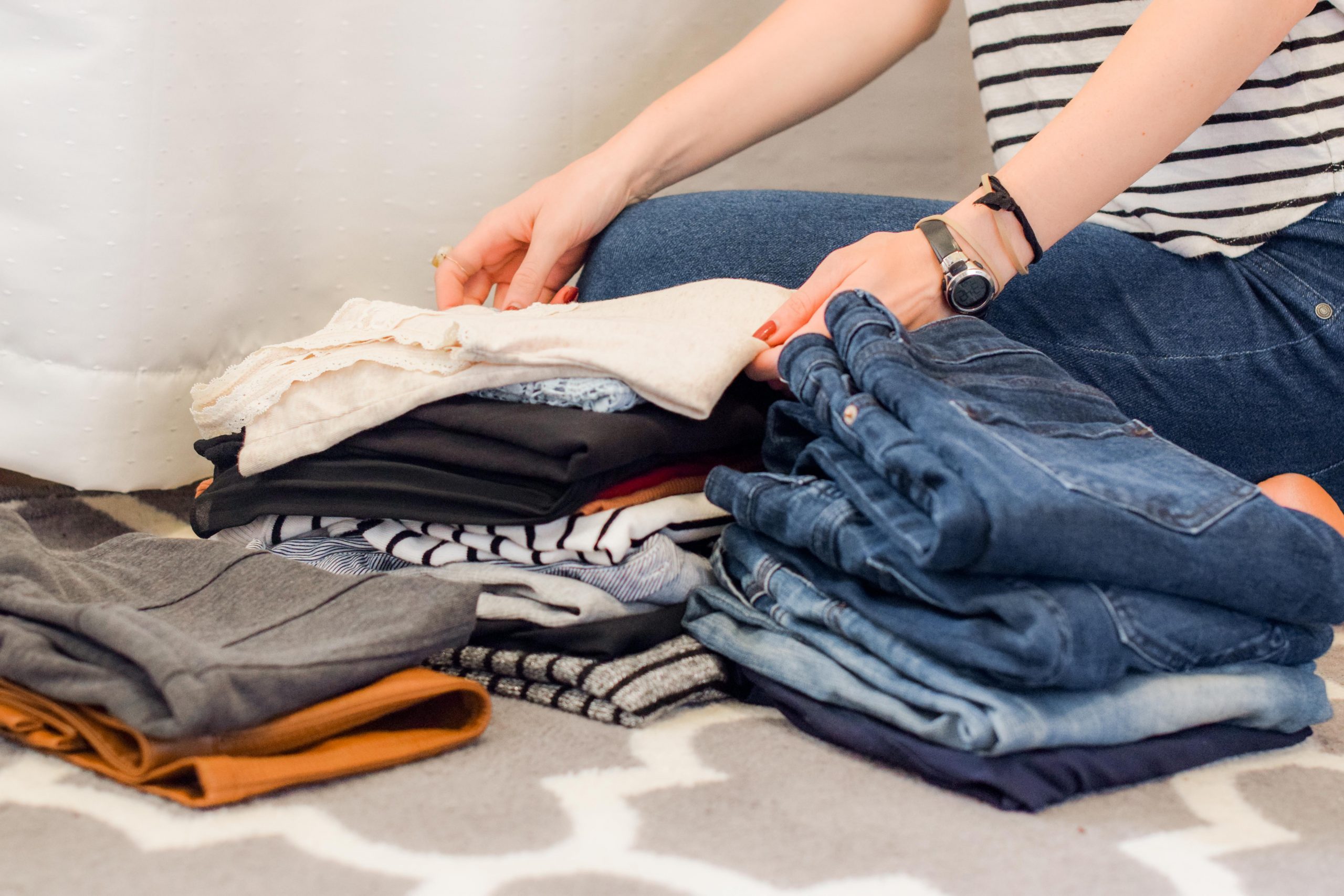As we know, the global fashion industry is a massive contributor to harmful emissions, environmental pollution, and landfill rates. Increased awareness of the fashion industry’s damaging environmental impact has led to many consumers questioning their spending habits, and brands and manufacturers stepping up their commitment to real change and sustainability.
This change is to be welcomed, and governments have long argued that voluntary schemes to reduce fast fashion impacts will be more effective long-term than legal interventions. But is this really enough?
Have voluntary schemes worked for consumers?
Consumer behaviour is one of the most significant barriers to creating a more sustainable fashion supply chain. Fast fashion’s powerful marketing, low cost, and social media influence for constantly new outfits make fast fashion extremely hard to resist. This is the point, of course, from a business point of view. But personal behaviour change from consumers is crucial– and fashion will only be able to become genuinely sustainable if consumers buy fewer clothes and keep them for longer.
To encourage this, various initiatives have had some success, including:
- Brands such as H&M promoting recycling by offering vouchers to spend in-store in exchange for donated clothes
- Awareness of ‘make and mend’ approaches
- Work by brands such as Patagonia to encourage a move towards ‘buy less, buy used’ to increase the ‘life’ of garments in the supply chain while reducing the new resources needed
- Fashion brands highlighting their green commitments and creating eco collections to encourage consumer spending (and awareness) on more sustainable solutions
Voluntary initiatives for brands and manufacturers
Besides increased commitment from fashion retailers and manufacturers to actively tackle sustainability issues, there have also been cross-industry schemes designed to encourage waste reduction and the environmental impact of clothing. The SCAP 2020 initiative, for example, has worked to bring together fashion and charity retailers with textile recyclers to help reduce the effects of clothing purchased in the UK.
Industry commitment through the voluntary Textiles 2030 initiative by WRAP seeks to harness industry ambitions to reduce carbon emissions by 40-50% in line with the Paris Agreement targets. This builds on the SCAP 2020 initiative.
In addition to this, and through the UK Environment Bill, the UK government has announced a commitment to consulting on an extender producer responsibility (EPR) system for textile production. And alongside this, they’ve also indicated a new willingness to introduce a minimum set of standards for new clothes to support sustainability through driving consumer behaviour changes, including:
- Requirements for labelling in reference to the durability, reparability and recyclability of clothing
- Highlighting the production history and eco impacts of garments (the provenance of an item)
So, are voluntary schemes going to be enough?
Voluntary schemes are essential in tackling fast fashion impacts, especially when driving lasting changes in consumer behaviour that will be significant in reducing consumption. But, the issue of environmental sustainability is so vast and so complex that the danger of only voluntary schemes means that without a combined and controlled global effort that has been actively legislated for, no one will or will be able to act in any meaningful way. Voluntary schemes also make it incredibly difficult to assess impact- there’s it’s difficult to measure without the same set of goals and objectives.
This may mean that interventions in current fashion industry business models may be what’s necessary to drive real change. From global commitments through to government legislation to instigate lasting impact, this could be more effective than relying on consumers and business to act in a socially responsible way voluntarily. Companies will also benefit from this, helping them create advantages in market positioning over other brands that refuse to act.
Textile Consult is a management and training consultancy operating worldwide. We’re currently working with clients to find the best sustainable solutions in the textile industry. Contact us to find out how we can advise your business on sustainable textile solutions.



Just take the end of life. Over the last 40 years, voluntary recycling has really been a total failure as to achieving the recycling of ALL easily recycled material. I see zero proposals from fast fashion to address this. Getting a coupon for $10 off a $150 garment is nothing but touch-feely whitewashing of the problem created for nothing but PR purposes. Worker abuse and pollution are thorns in the sides of fast fashion that short of government intervention will probably never be totally solved. Currently very little is being addressed.